“Don’t wait until everything is just right. It will never be perfect. There will always be challenges, obstacles and less than perfect conditions. So what. Get started now. With each step you take, you will grow stronger and stronger, more and more skilled, more and more self-confident and more and more successful.”
Mark Victor Hansen (Author of Chicken Soup for the Soul)
Have you heard of the Dunning Krueger Effect? If you’ve ever felt doubt it may be because you’re more experienced than you realize.
What is the value of experience? Does it help you serve your clients better? Does it help you build better relationships?
In high school I had a teacher who would show up to class, hand out assignments, that were actually created by another teacher in our school, and then leave. I don’t remember him giving a single lecture. Although he had been teaching for 20+ years did he have 20+ years of experience?
An enthusiastic 1st year teacher would have been far more impactful.
I also had a math teacher who took the class on a week long hiking trip. A biology teacher who took the class on weekly field trips. And a grade 6 substitute teacher who happened to step in right as we began studying the solar system and brought the wonder of space to life.
I ask again, what is the value of experience?
Experience is not the number of hours we’ve clocked. No, rather it is the number of lessons we’ve learned.
There is this beautiful sales graph that perfectly demonstrates the journey towards experience. Consider the journey of the sales person.
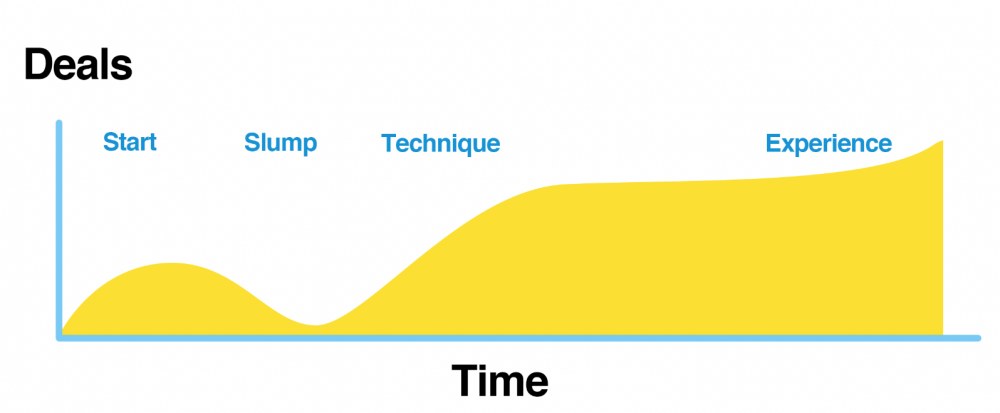
The graph visualizes the journey of a person beginning their career in sales. At first they start with enthusiasm. They love what they do, they believe in what they sell, and that enthusiasm is infectious. It doesn’t take long before they are doing deals. Then often that person goes through a sales slump. The good news, as long as they continue learning, the slump doesn’t last long. They begin to work on their technique and truly understand their role as an advisor. Soon that perseverance pays off. There are many lessons they learn along the way and sales consistency follows that experience.
I learned of this journey from a personal mentor Ted Gross, who learned of it from his personal experience running sales teams. That’s the beauty of experience. It’s transferable.
So how does one develop experience?
The lessons from experience only come from reflection and energy. As soon as we stop putting energy towards our occupation we stop stretching, we stop challenging ourself, we stop growing. This is what mastery is all about. It’s that continual pursuit towards excellence. It’s what makes it fun.
I would argue that when people see experience as “years worked” it’s self serving. Whereas, when experience is measured by lessons learned then it is about serving others.
The benefit of experience is 10 fold. An experienced agent can navigate tricky deals with tact and reassurance. They have trusted allies who they can count on. They pick up on red flags and warning signs and communicate early to their clients.
Another profession that is measurably impacted by experience is computer programming. The difference in output between a first year programmer and one that’s been actively learning for 10 years is massive. But it isn’t just their output. It’s how they solve problems, how they recommend solutions, and how they work as a team.
The graph visualizes the journey of a person beginning their career in sales. At first they start with enthusiasm. They love what they do, they believe in what they sell, and that enthusiasm is infectious. It doesn’t take long before they are doing deals. Then often that person goes through a sales slump. The good news, as long as they continue learning, the slump doesn’t last long. They begin to work on their technique and truly understand their role as an advisor. Soon that perseverance pays off. There are many lessons they learn along the way and sales consistency follows that experience.
I learned of this journey from a personal mentor Ted Gross, who learned of it from his personal experience running sales teams. That’s the beauty of experience. It’s transferable.
So how does one develop experience?
The lessons from experience only come from reflection and energy. As soon as we stop putting energy towards our occupation we stop stretching, we stop challenging ourself, we stop growing. This is what mastery is all about. It’s that continual pursuit towards excellence. It’s what makes it fun.
I would argue that when people see experience as “years worked” it’s self serving. Whereas, when experience is measured by lessons learned then it is about serving others.
The benefit of experience is 10 fold. An experienced agent can navigate tricky deals with tact and reassurance. They have trusted allies who they can count on. They pick up on red flags and warning signs and communicate early to their clients.
Another profession that is measurably impacted by experience is computer programming. The difference in output between a first year programmer and one that’s been actively learning for 10 years is massive. But it isn’t just their output. It’s how they solve problems, how they recommend solutions, and how they work as a team.
The Dunning Kreuger Effect
Paradoxically, the most experienced person often perceives their skills and competency as ordinary, whereas the least experienced person often carries more certainty that they are good. This is known as the Dunning Krueger Effect.
This is not to say confidence is bad. Confidence is a great thing. It’s what encourages us to step out and try new things and learn from those experiences.
Researchers conducted a study of students and tested their ability. They then had them self-assess their relative performance. Surprisingly, the students with the greatest test results underestimated their competence and the students with the lowest performance over-estimated their competency.
As a result, if you were to put their scores on a graph, they all ranked themselves about the same.
According to psychologists the reason for this is simple. Without enough experience, a person simply does not know that they do not know. There’s this famous case where a bank robber put lemon juice on his face to make himself invisible to the cameras. He knew that lemon juice makes ink invisible. Whoops.
Highly competent people, meanwhile, make the false assumption everyone knows what they know. So they can underestimate their abilities. Another whoops.
Experience is nuanced. And on the journey to mastery there is a lot to learn. It’s your ability to handle awkward situations earlier. It’s the knowledge that you’ll get through this. It’s your ability to prioritize what really matters.
Patrick Lencioni, author of Ideal Team Player, describes the traits of a winning person as Hungry, Humble and Smart. Hungry because they are energized by their pursuit. Humble, because they care more about the teams success than their own. Smart, because they are self-aware.
Beginner’s luck? Maybe there is such a thing. Yet, according to psychology (and my mentor Ted) it is simply the outcome of enthusiasm and confidence. As your experience develops and you combine it with the vigor of enthusiasm, just think how far you can go.
If you’ve ever felt a lack of confidence, I want to encourage you. Statistically that means you are more competent than you realize.
I hope you have a great confidence filled day!
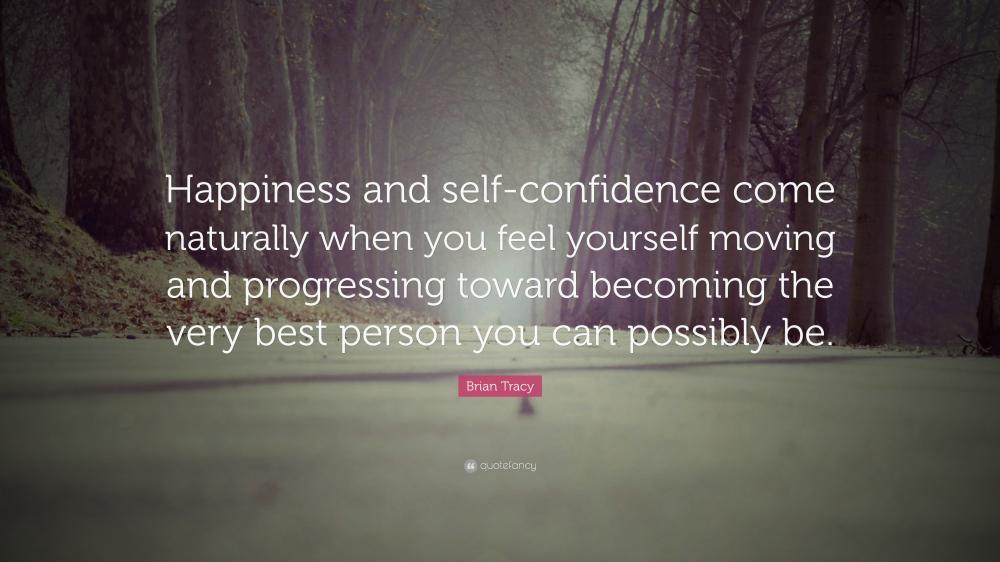





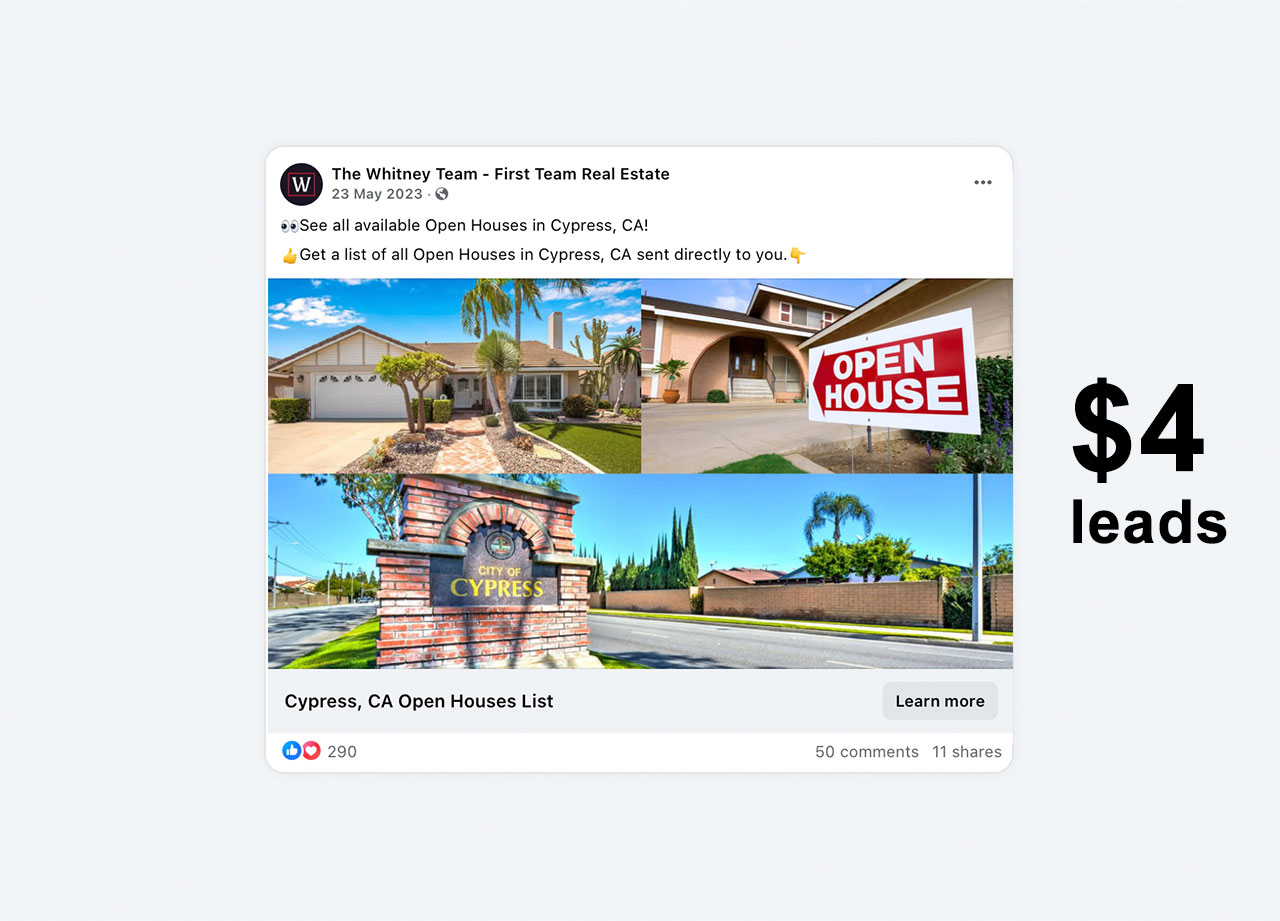


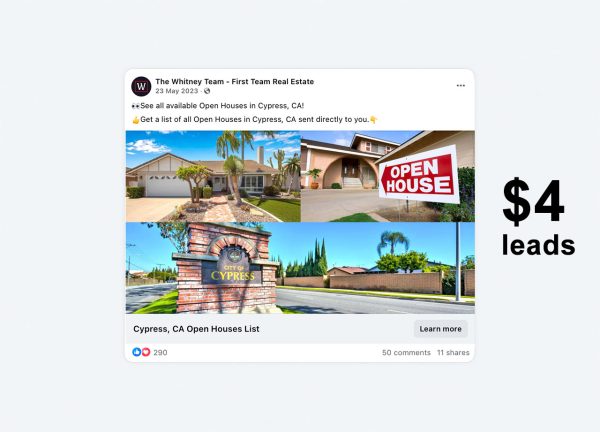

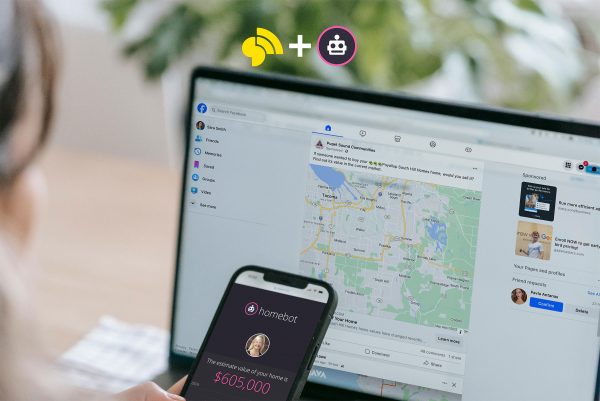

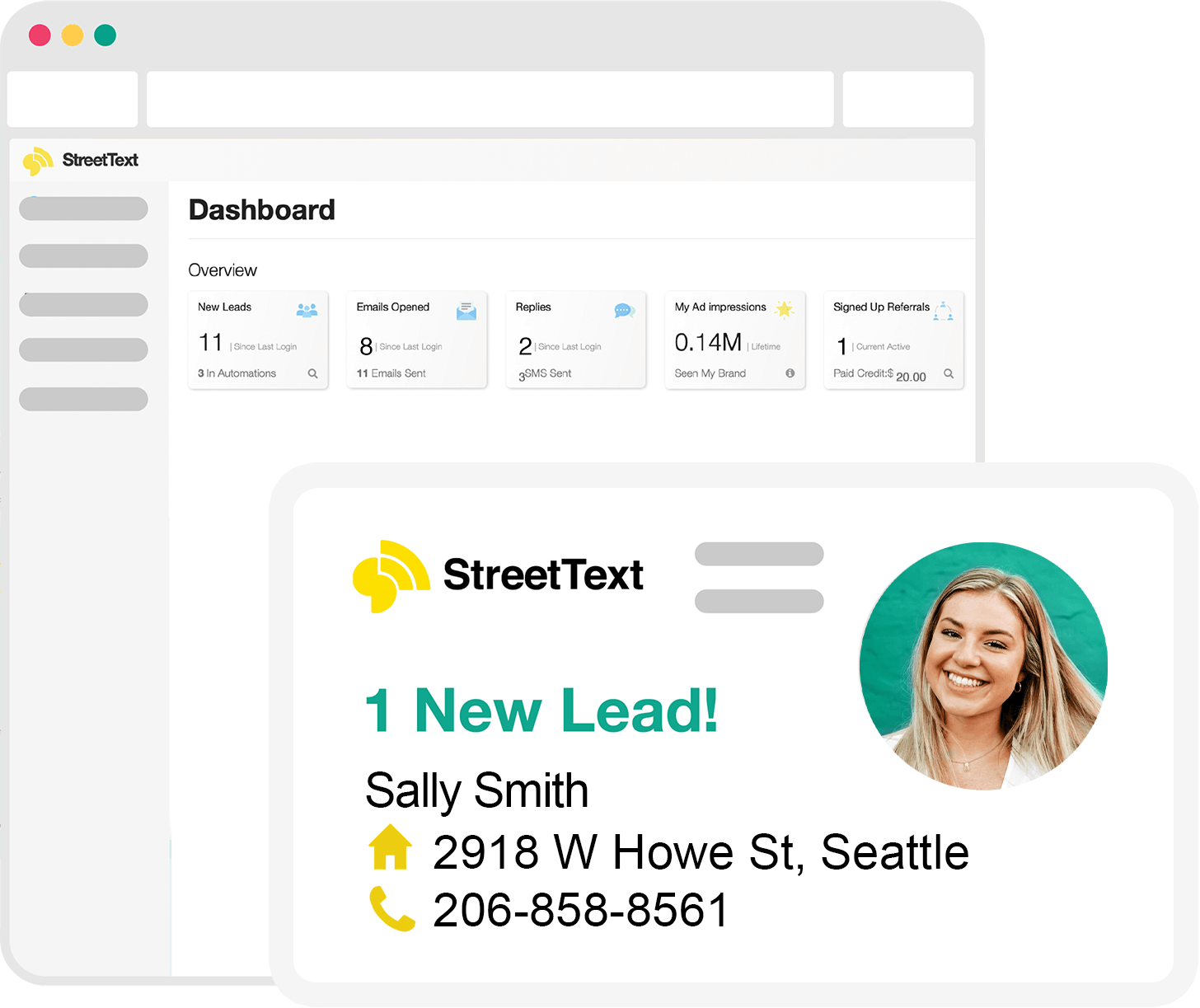

2 Responses
I Loved Loved Loved this article. Makes complete sense. How interesting!
Jenifer the Dunning Krueger Effect makes so much sense, hey.